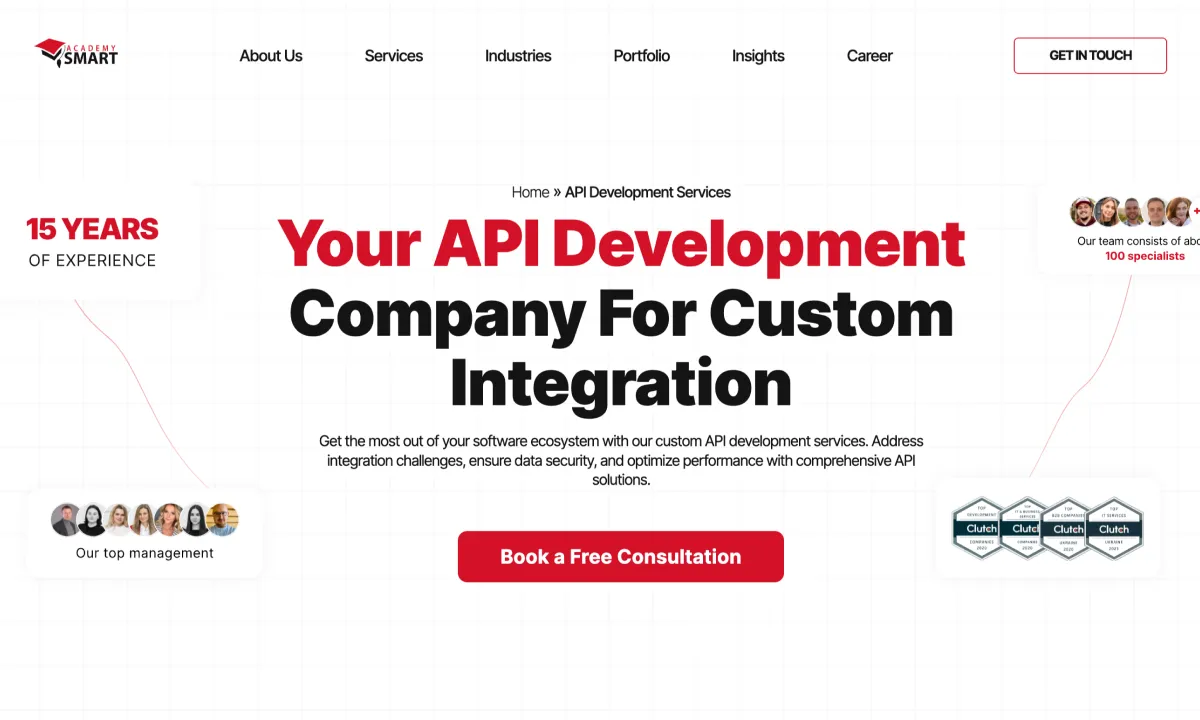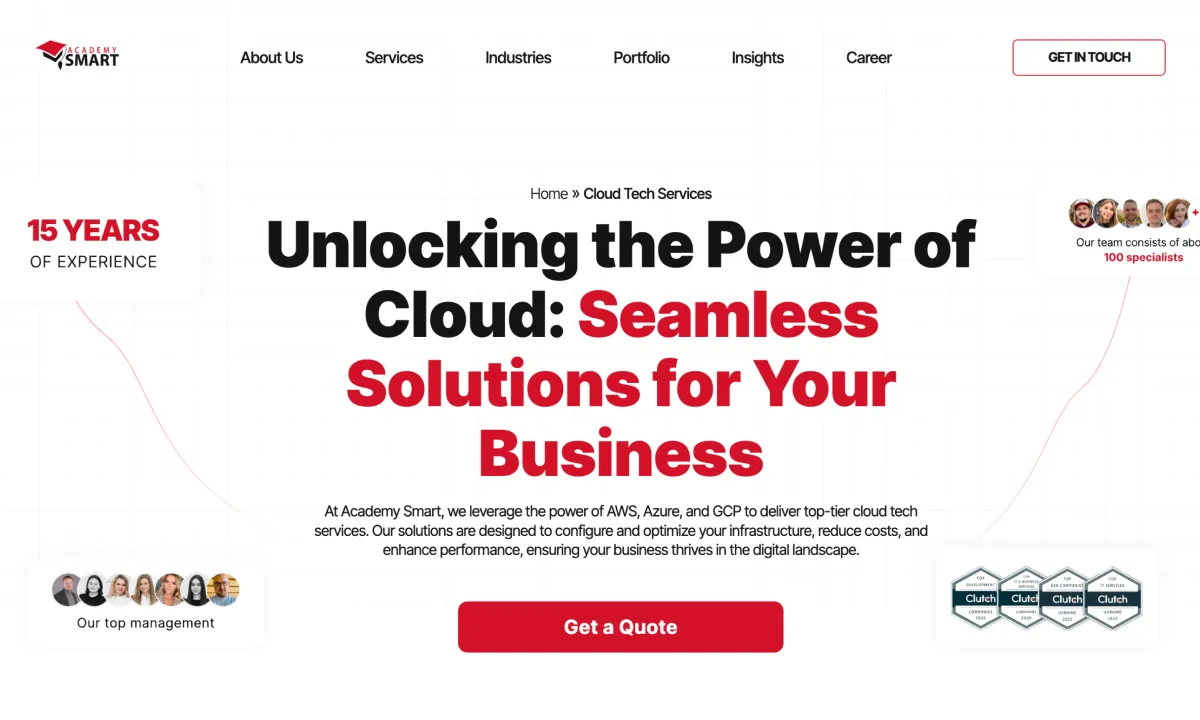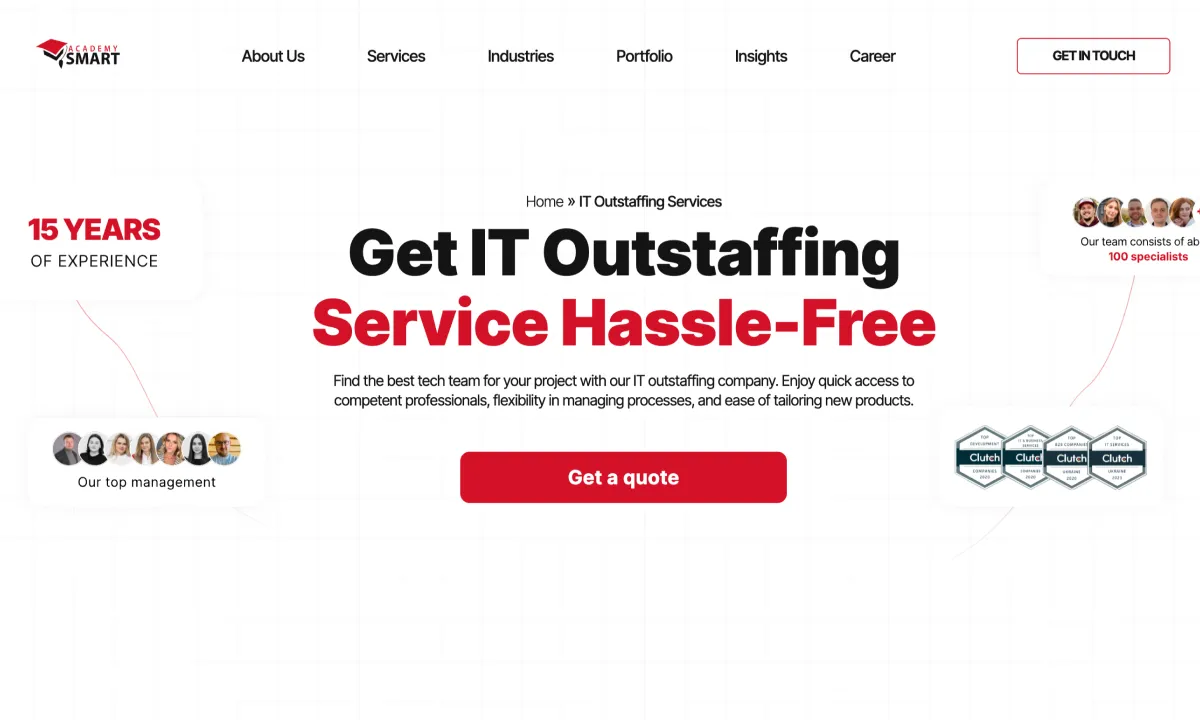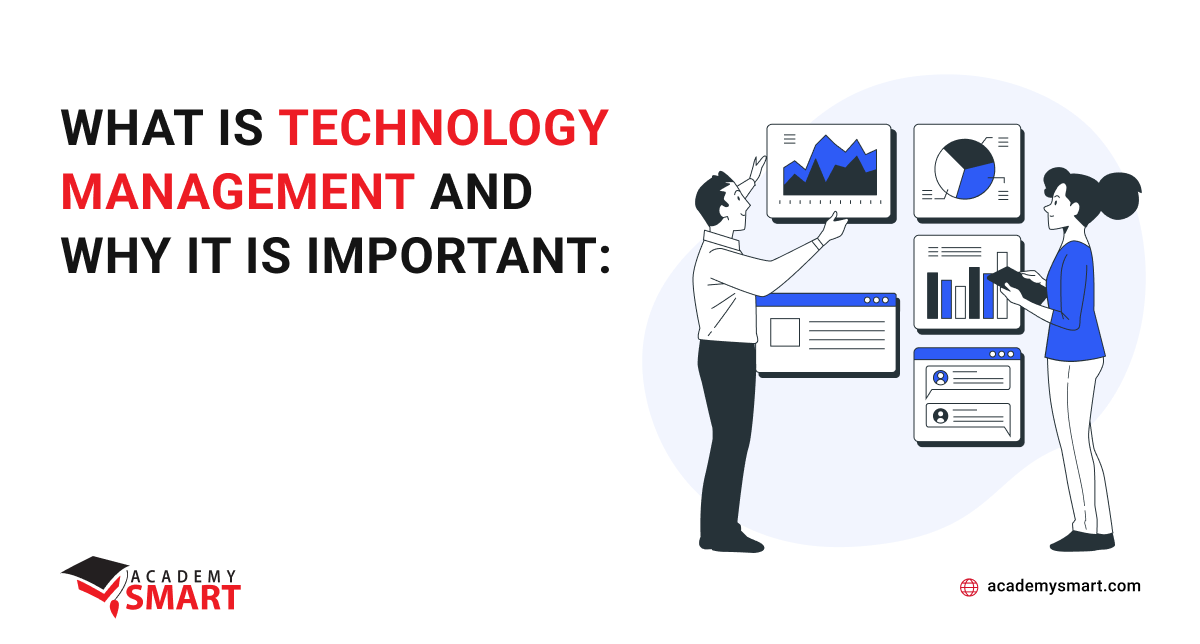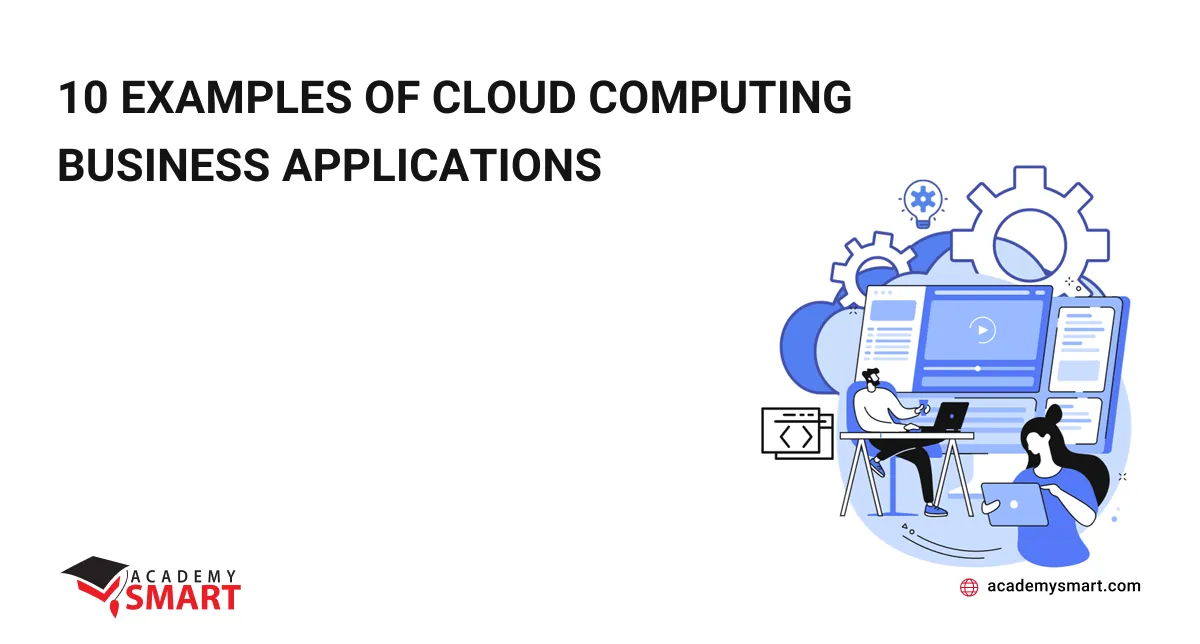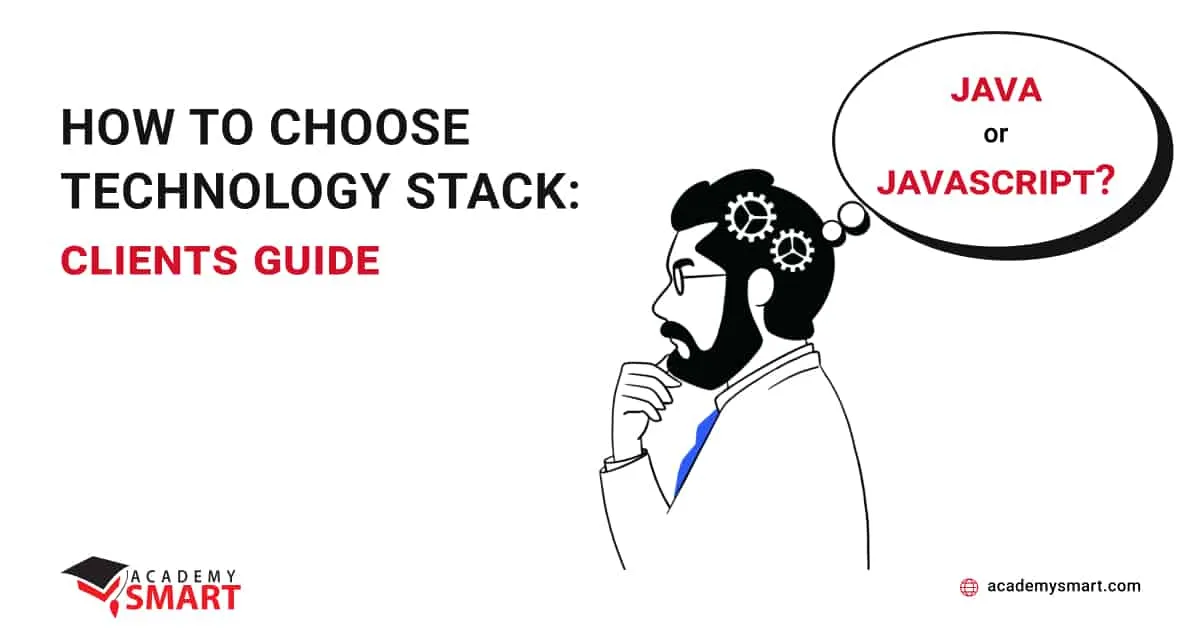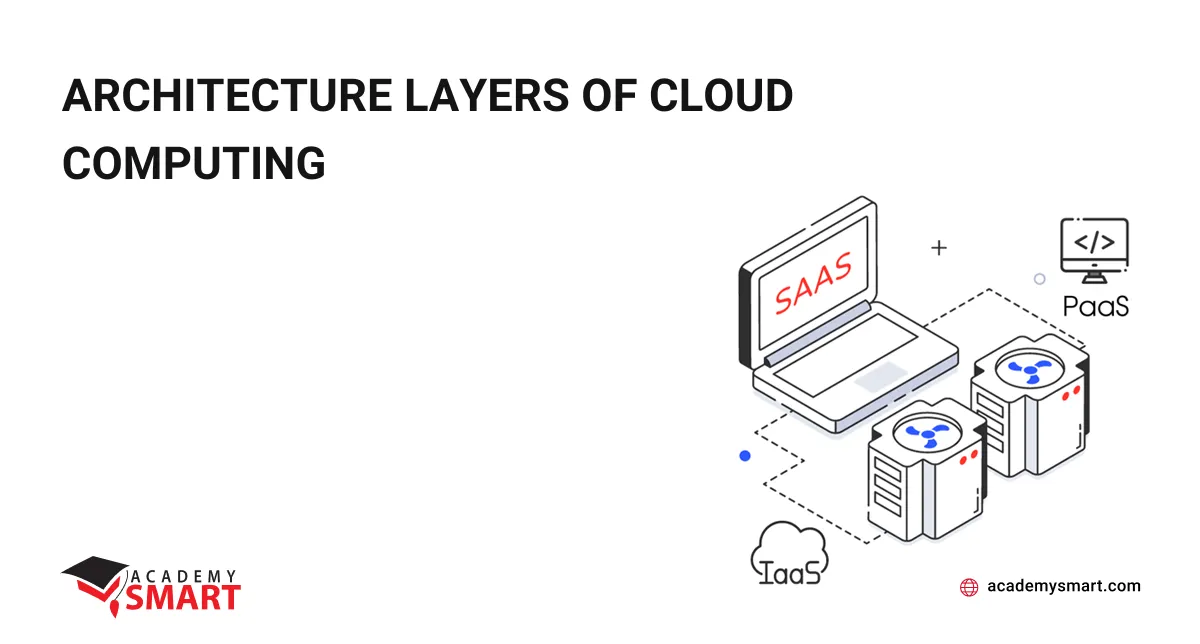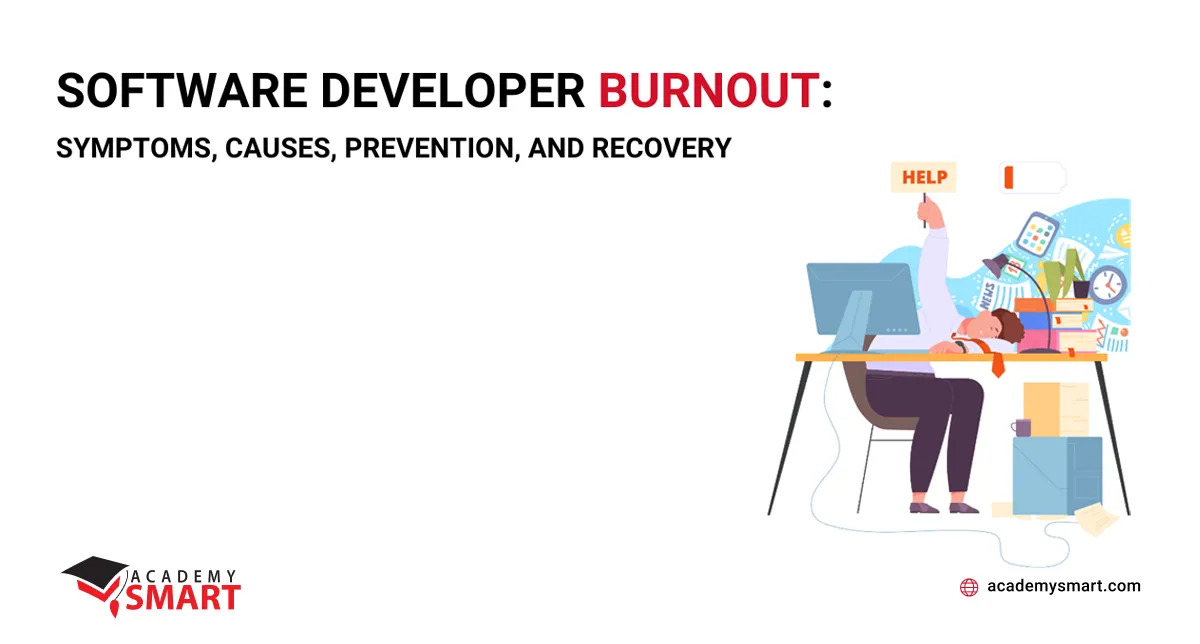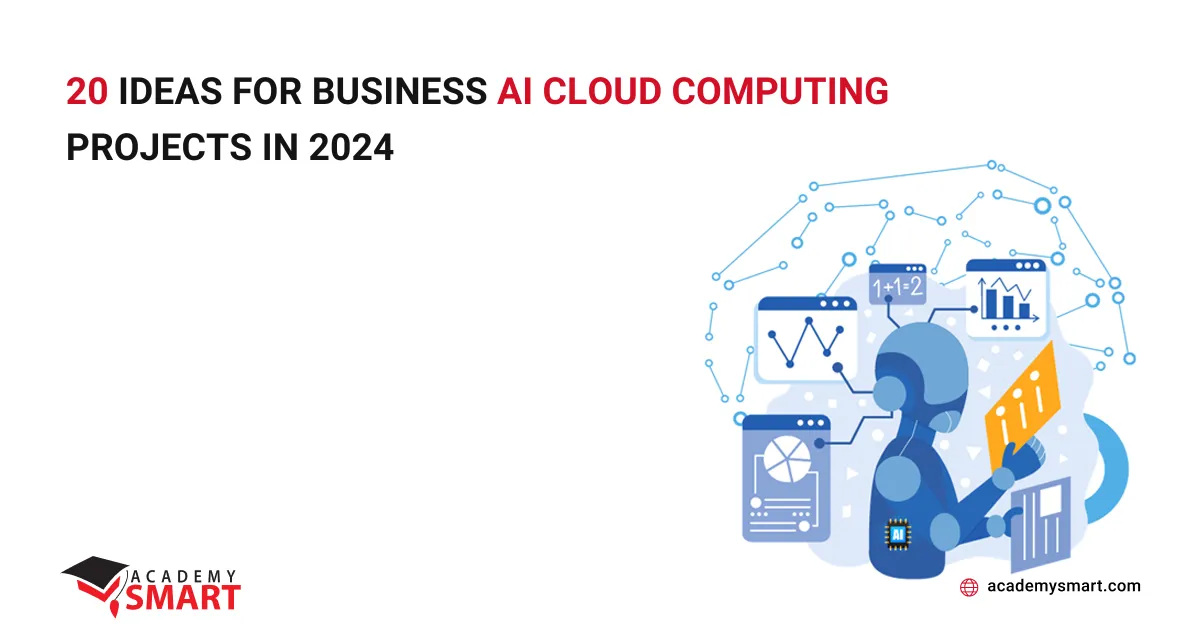
20 Ideas for Business AI Cloud Computing Projects in 2024
Contents
The pursuit of innovation has become synonymous with leveraging cutting-edge technologies. Among these, Artificial Intelligence (AI) and Machine Learning (ML) have emerged as the driving forces behind transformative business processes. Their ability to analyze vast datasets, extract meaningful insights, and make intelligent decisions has led to a paradigm shift in how companies operate and compete.
Cloud computing, in turn, has become the cornerstone of modern IT infrastructure, allowing enterprises to scale resources on demand, optimize costs, and foster further results. The convergence of AI and cloud computing opens up new possibilities, enabling businesses to achieve a new level of execution capabilities and performance efficiency. Let’s look at 20 ideas for using cloud-based AI to gain competitive advantages in 2024.
1. Customer Insights Platform
The customer insights platform can be a strategic ally for marketing and sales endeavors. Companies can precisely tailor their campaigns by analyzing real-time customer data, ensuring relevance and resonance. The personalized recommendations generated by the platform not only enhance customer satisfaction but also foster brand loyalty. Moreover, the platform’s data-driven approach empowers businesses to make informed decisions, driving sustainable growth and competitive advantage.
Powered by machine learning algorithms, the platform excels in sentiment analysis and behavior prediction. A robust cloud infrastructure like Amazon AWS may ensure scalability and efficiency in processing vast datasets, allowing businesses to stay agile in the ever-evolving market. Leveraging, for instance, Python and JavaScript technologies, this solution offers a seamless and responsive experience, ensuring the integration of AI insights into daily operations.
2. Supply Chain Optimization
For companies prioritizing operational excellence, the AI-driven supply chain management application offers a gateway to cost reduction and heightened efficiency. Precise demand forecasting and predictive maintenance of machinery minimize operative downtime, fostering a well-orchestrated supply chain. A robust cloud infrastructure, such as Amazon AWS or Microsoft Azure, ensures real-time data processing scalability to support these predictive features of artificial intelligence.
This solution seamlessly integrates with existing IT systems, providing a dynamic and responsive user experience. Technologies like Java and Python can form the backbone of an application, ensuring a reliable and efficient implementation. Timely deliveries and minimized excess inventory contribute not only to cost savings but also elevate the overall efficiency of the supply chain management.
3. HR Talent Analytics
This AI-powered business tool enables revolutionizing talent management by employing advanced analytics to understand employee performance, identify high-potential talent, and recommend personalized development plans. This way, businesses can gain insights into the individual strengths of their staff and identify areas for improvement. The platform evaluates the mastery of needed skills, enabling strategic succession planning and targeted development initiatives. The result may be a workforce that aligns more closely with business goals, fostering employee engagement and retention.
Such a platform can integrate with existing HR systems, providing a user-friendly experience for HR professionals. Cloud computing artificial intelligence ensures scalability, facilitating the analysis of large datasets. Tech stacks based on Python and JavaScript contribute to the platform’s agility, allowing enterprises to adapt and refine their talent strategies quickly.
4. Financial Fraud Detection
Online fraud detection apps are a critical line of defense for financial institutions and their clients. Businesses can swiftly identify and mitigate deceitful activities by leveraging AI to analyze real-time transactional data. The platform’s proactive approach minimizes financial losses, safeguards the integrity of sensitive data, and fosters trust among stakeholders. Powered by cutting-edge machine learning algorithms in the cloud, such a platform excels in anomaly detection and pattern recognition. Integrating it with other used financial systems is easy, providing a dynamic and responsive experience.
5. Healthcare Condition-Based Maintenance
Including artificial intelligence and cloud computing, this solution for medical organizations redefines equipment maintenance by predicting potential failures, optimizing performance, and ensuring the continuous reliability of critical healthcare machinery. Such an app is able to predict and prevent potential failures, minimizing downtime and ensuring consistent enactment. This proactive approach enhances patient safety and contributes to operational efficiency and cost-effectiveness.
Cloud execution, for instance, at AWS infrastructure, ensures real-time processing capabilities to satisfy the dynamic nature of medical services. Leveraging technologies like Python and Java, the solution can assure reliability and adaptability to the unique requirements of healthcare facilities and seamless integration with other medical software systems.
6. Smart Energy Management
The smart energy management app is usually a strategic investment for enterprises committed to environmental responsibility and cost efficiency. By leveraging AI to analyze energy consumption patterns and optimize usage, businesses can achieve substantial cost savings while contributing to ecological sustainability. The platform facilitates informed decision-making, allowing organizations to align their energy practices with environmental and economic objectives.
Such a software application communicates with a network of various devices strategically placed within the commercial building’s infrastructure. These devices, mostly made as IoT today, collect real-time data on energy consumption, temperature, lighting usage, and other appropriate parameters and act as sensors, continuously feeding data into the cloud storage platform. Such data repositories are much more efficient for aggregating, storing, and dynamically updating extensive data volumes shared for cloud-based AI processing.
7. E-Commerce Personalization
This AI-based software solution for e-commerce businesses redefines the online shopping experience by customizing product recommendations, content, and promotions to individual customer preferences to enhance engagement and drive sales. Here, cloud computing AI may be used to analyze client behavior, purchase history, and preferences so enterprises can deliver customized product suggestions, creating a more immersive and relevant shopping journey. Such an application will foster brand loyalty, increase conversion rates, and maximize the lifetime value of customers.
8. Adaptive learning platforms
Powered by advanced machine learning algorithms, the adaptive learning software excels in evaluating individual learning styles and progress, delivering impactful and personalized online education. While integrating smoothly with existing Learning Management Systems, it analyzes learner performance, engagement, and preferences and optimizes learning paths in real-time. In addition, a reliable cloud infrastructure ensures scalability, facilitating the storage and processing of diverse educational content.

AI-based shooting training app
9. Language Translation and Cultural Adaptation
This AI-guided software unit may be invaluable for enterprises navigating diverse markets and audiences worldwide. It aims to provide accuracy, cultural sensitivity, and effective engagement in multilingual business communication environments. It uses artificial intelligence with cloud computing capabilities to translate content correctly with ethnolinguistic context nuances in mind. Such a tool enhances global reach, fosters cross-cultural understanding, and ensures contact resonates with various audiences.
10. Smart Agriculture
For farmers and agribusinesses aiming to enhance productivity and sustainability, leveraging AI to process data from multiple sensors enables precise monitoring of soil conditions, crop health, and environmental factors. Microsoft Azure IoT, as an app technology stack basement, for example, ensures scalability and real-time data processing capabilities to support the dynamic nature of agriculture. Such an IT system can permanently communicate with various IoT devices like ground sensors, drones, and weather stations, creating a comprehensive farm monitoring and management system. This data-driven approach enhances decision-making, minimizes resource wastage, and contributes to agricultural operations’ overall efficiency and profitability.
11. Predicting Industrial Incidents
AI cloud computing applications can be efficient and proactive guardians in pursuing manufacturing safety and risk mitigation. This software controls safety protocols by forecasting potential industrial incidents, identifying risk factors, and enabling preventive measures to enhance workplace safety and protect human lives and infrastructure.
The platform, powered by advanced cloud-hosted ML algorithms, analyzes historical incident data, equipment behavior, and environmental factors and performs predictive analytics to identify danger patterns. Cloud computing also ensures vast data storage, scalability, and real-time processing, streamlining the analysis of diverse datasets from plant equipment sensors and monitoring systems.
12. Virtual Labs for E-Learning
A virtual lab is an online simulation environment replicating the conditions of a physical laboratory or practical learning setting. It allows users, typically students, to conduct experiments, perform simulations, or engage in hands-on activities in a digital space. Virtual labs leverage computer simulations, virtual or augmented reality, and interactive software to provide users with a realistic and immersive learning experience similar to what they would encounter in real life.
Implementing AI and cloud computing in virtual lab applications enhances understanding, providing a more realistic and variable experience by providing more complex, personalized, dynamic, and responsive simulation scenarios and continuously improving practical learning opportunities for students in diverse educational settings.
13. Big Data Analytics for Market Intelligence
This software helps businesses make thoughtful decisions by analyzing massive amounts of market-related information. It typically uses artificial intelligence to find meaningful patterns and trends in data collected from various sources, such as social media, customer interactions, and industry trends. Using machine learning, the app learns from them to recognize models and predict future market trends or consumer behaviors. At the same time, cloud computing power enables the processing of larger datasets, improving the accuracy of predictions and providing faster business insights for more effective strategic planning.
14. Legal Document Review
Such an app is like a helpful assistant for lawyers. Its job is quickly reading and understanding many legal papers, making the lawyer’s work much faster and more focused. In our case, it might use innovative cloud computing and AI technology to organize and find important information in legal documents and laws, making reviewing legal papers more effortless, automated, and efficient. This software can utilize various cloud services like Amazon AWS for AI components, which quickly understand legal language, extract essential information, and categorize documents, and Neat Cloud for securely storing, intelligent organizing, and convenient documentation sharing among legal teams.
15. AI-Enhanced Customer Support Chatbot
This specialized chatbot utilizes advanced natural language processing and machine learning algorithms to understand user queries and provide highly personalized assistance. It resolves common issues and predicts client’s needs, offering proactive solutions and creating a more engaging and efficient support experience. Hosted on the cloud, it ensures seamless scalability and 24/7 accessibility, revolutionizing customer interactions.
16. Personalized Healthcare Training
This application may become a personalized tutor for healthcare professionals, making further learning easy, relevant, and accessible. It can understand specialists’ specific needs and preferences, creating a customized training plan based on their medical roles. Being in the cloud, the AI-driven healthcare training app lets users access training materials from anywhere. It makes learning convenient and flexible, while artificial intelligence adapts them to match the education pace needed.
17. Demand-Driven Production Planning
Using machine learning and cloud computing to analyze customers’ wants is a pragmatic idea, helping companies figure out how much to produce, reducing waste, and saving resources. Unlike the above mentioned software, the demand-driven production planning app focuses on customer-related data, like the quantity and frequency of orders, seasonal patterns, actual inventory levels, and market demand trends.
Cloud infrastructure ensures instant access to production data and computational power, while AI enables dynamic adjustments to production plans, ensuring companies can adapt swiftly to changing clients needs.
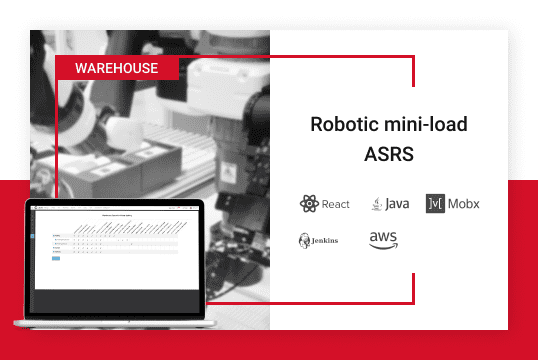
AI-driven warehouses fulfillment app
18. AI-Powered Virtual Collaboration Spaces
Utilizing smart technology, such an app creates a digital space where everyone can collaborate much more easily. Among the various helpful features it can provide are the following:
- Intelligent communication
The app employs artificial intelligence to understand and facilitate effective communication with smart notifications, real-time suggestions, or context-aware assistance to streamline team interactions. For instance, it might adjust the display layout for a video conference, offer a more immersive experience, or optimize the virtual space for document collaboration during a review session. - Collaborative insights
It can provide knowledge of team dynamics, such as identifying peak collaboration times, proposing optimal communication channels, or highlighting patterns in how teams effectively work together. - Dynamic space configuration
The software can adapt to the virtual environment based on the nature of the work. AI-driven adaptive environments ensure that the communication space is equipped with features relevant to the task, enhancing efficiency and focus. For example, it might configure a space differently for brainstorming sessions than project planning meetings. - Task optimization
It may involve AI-empowered features that optimize task assignments, ensuring that responsibilities are distributed efficiently based on team members’ strengths, availability, and preferences. - Knowledge sharing
The app could facilitate knowledge sharing by intelligently recommending relevant documents, resources, or team members with expertise in specific areas.
Placed in the cloud, the app ensures teams can collaborate in real-time from anywhere, offering flexibility and continuous cooperation.
19. Intelligent Travel Concierge
Such an app gets to know users’ travel preferences, suggesting destinations, accommodations, and activities that match their interests. With AI at its core, it provides real-time information on flights, accommodations, and local attractions, adapting to changes and ensuring a seamless travel experience. It creates dynamic travel itineraries, adjusting plans based on clients’ feedback, unexpected events, or new circumstances that may arise during the journey.
20. Language Learning Platform
It would be strange not to use dynamically developing natural language processing AI models to create innovative tools for learning foreign languages. Such an app could understand your learning preferences and adapt lessons based on the user’s proficiency level, pace, and preferred learning style.
Using AI, the platform enables realistic conversations, gauging responses and adjusting difficulty levels dynamically to improve language skills in real-world scenarios. AI algorithms can offer instant feedback on grammar and pronunciation, providing targeted exercises to address specific areas for improvement. Finally, the application may continuously evolve based on the user’s progress, introducing new vocabulary, cultural insights, and interactive activities to keep the learning experience fresh and engaging.
Develop Your AI-driven Cloud App with Our IT Experts
You plan to leverage the power of AI cloud computing, but an experienced team is absent? Our skilled professionals in programming, cloud computing, web and mobile development, and artificial intelligence stand ready to build, enhance, and maintain your enterprise software applications.
Explore our flexible offerings of outstaffing, dedicated development teams, or turnkey outsourcing, and contact us to get the expertise needed.
Frequently Asked Questions: Cloud Computing and AI
What is cloud computing and AI?
Cloud computing delivers services over the internet, covering storage, processing power, and various applications. Artificial intelligence involves developing IT systems capable of tasks that typically require human intellect.
What is cloud computing AI and IoT?
Cloud computing, artificial intelligence, and the Internet of Things are interconnected technologies. Cloud computing provides scalable resources and storage, AI adds intelligence to processes, and IoT connects physical devices to the Internet for data exchange, creating a seamless ecosystem for smart and adaptive applications.
Book a free consultation

Reach out to start talking today!

